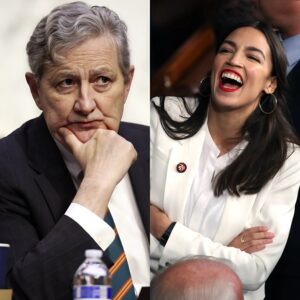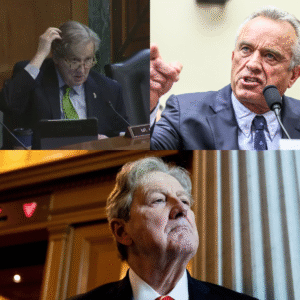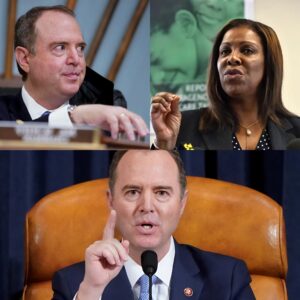Trump Stands Firm on Halting Canada Trade Talks Amid Reagan Ad Backlash
By Elena Vasquez, White House Correspondent
WASHINGTON — President Donald Trump doubled down on his decision to terminate trade negotiations with Canada on Friday, October 24, 2025, telling reporters the move was non-negotiable as he prepared to board Air Force One for a diplomatic swing through Asia. The abrupt escalation, triggered by a provincial advertisement invoking Ronald Reagan’s voice against U.S. tariffs, has plunged U.S.-Canada relations into fresh turmoil, raising alarms about the future of North American commerce.
Standing on the South Lawn of the White House under a crisp autumn sky, Trump addressed a scrum of journalists just minutes before departing for meetings with Chinese and South Korean leaders. Flanked by aides and gesturing emphatically, the president dismissed calls for reconciliation, labeling Canada’s actions “egregious and disrespectful.” “We’re done with the talks—period,” Trump declared, his voice carrying over the whir of helicopter blades warming up nearby. “They think they can use Ron Reagan’s good name to attack American workers? Not on my watch. Tariffs protect our jobs, and that’s the end of it.”
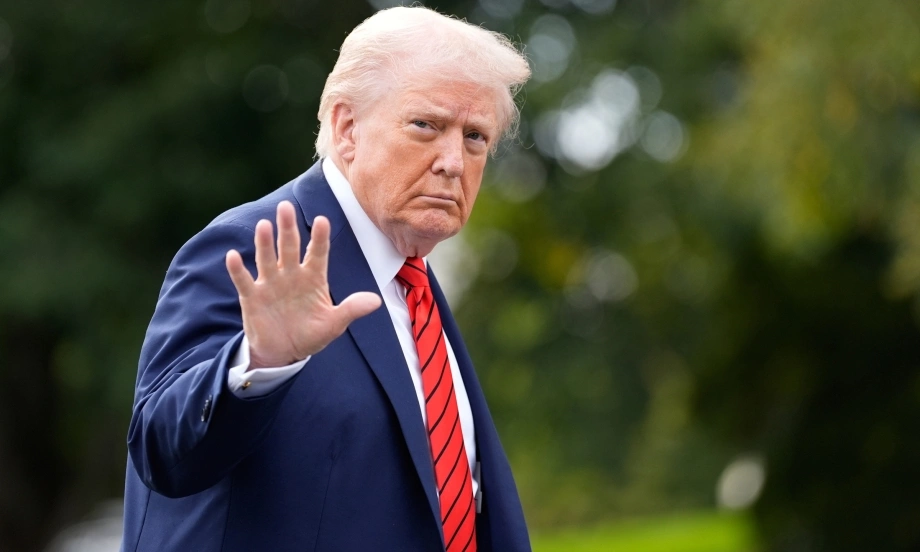
The controversy erupted late Thursday when Trump announced on Truth Social that he was immediately ending “all trade negotiations” with Canada’s government. The catalyst: a 60-second television ad aired by Ontario Premier Doug Ford’s administration, which featured edited clips from a 1987 radio address by Reagan warning of the perils of protectionist trade wars. In the spot, Reagan’s gravelly baritone intoned, “Protectionism is destructionism,” over montages of shuttered factories, soaring consumer prices, and bipartisan U.S.-Canadian flags fluttering in the wind. The ad, targeted at American audiences in border states like Michigan and New York, urged viewers to pressure lawmakers against Trump’s proposed 25% tariffs on Canadian imports, including steel, aluminum, and automobiles.
Trump, a self-proclaimed admirer of Reagan’s legacy, branded the ad “fake news” and a “fraudulent hit job.” In his post, he wrote in all caps: “TARIFFS ARE VERY IMPORTANT TO THE NATIONAL SECURITY, AND ECONOMY, OF THE U.S.A. Canada just crossed a red line!” The Ronald Reagan Presidential Foundation and Institute swiftly condemned the commercial, stating on X that Ontario had neither sought nor received permission to use the footage. “This misrepresents President Reagan’s full address,” the foundation posted, hinting at potential legal action. The ad’s disclaimer noted it was not endorsed by the Reagan Library, but critics, including Trump allies, accused the province of deliberate provocation.
By Friday morning, Ford backpedaled. In a hastily convened press conference in Toronto, the Ontario premier announced he would pause the ad campaign effective Monday, allowing it to run only through the weekend’s Major League Baseball World Series broadcasts. “We’re friends and neighbors with the United States—stronger together, just like President Reagan said,” Ford stated, sharing a YouTube clip of the original address for emphasis. “This was about protecting Ontario jobs from unfair tariffs, not picking a fight. We’ll pull the spots to get talks back on track.” Ford’s office clarified that the ad was a provincial initiative, not sanctioned by Prime Minister Mark Carney’s federal government in Ottawa.
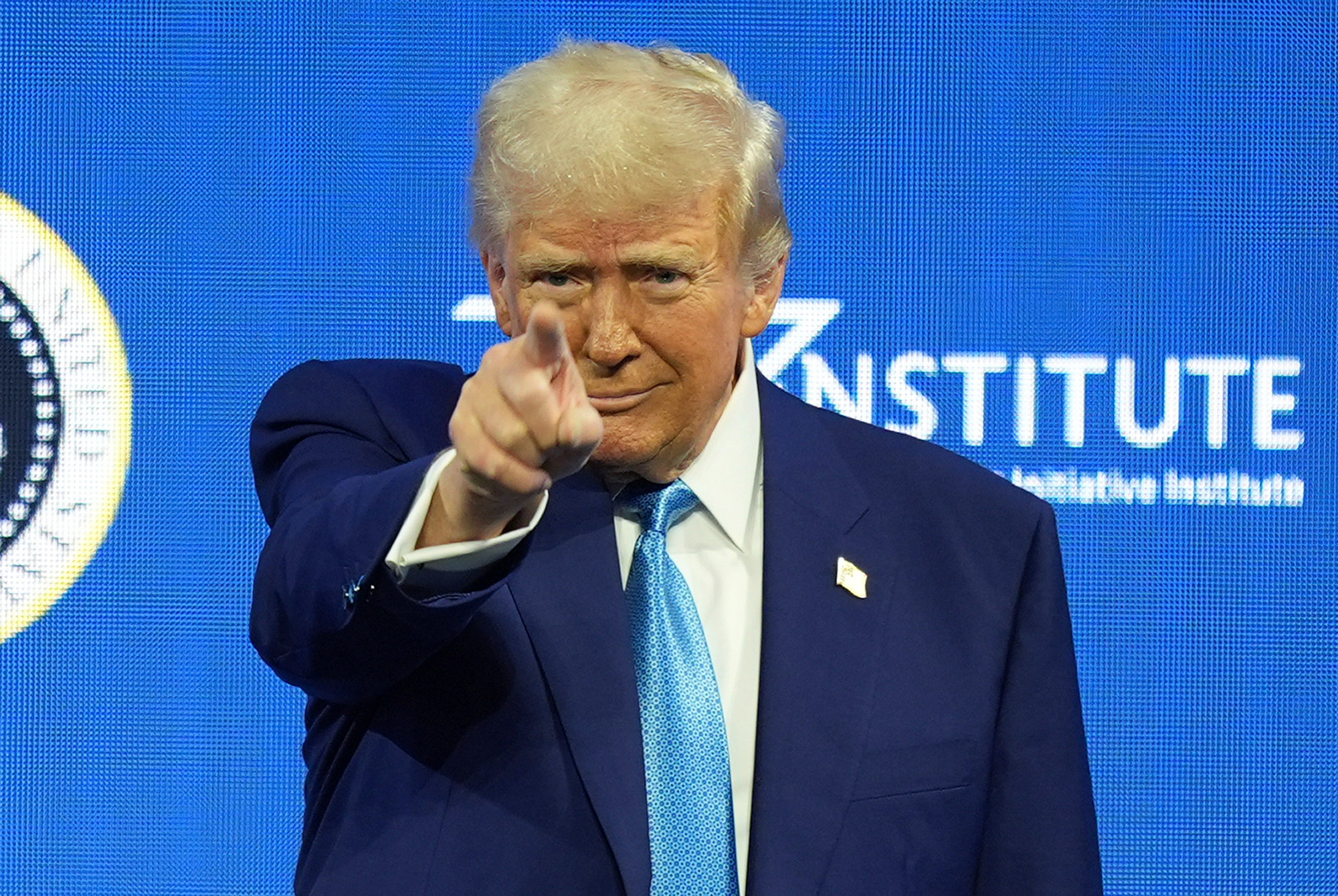
Canadian officials expressed bewilderment and frustration. In a statement from Parliament Hill, Foreign Minister Mélanie Joly called Trump’s decision “disproportionate and regrettable,” emphasizing that bilateral trade—valued at over $1 trillion annually under the USMCA agreement—benefits both nations. “We’ve been negotiating in good faith for months,” Joly said. “This knee-jerk reaction over a local ad risks jobs on both sides of the border. We urge the White House to reconsider.” Prime Minister Carney, who met Trump at an Egypt peace summit earlier this month, has yet to comment publicly but is reportedly scheduling an emergency call with U.S. Treasury Secretary Scott Bessent.
On Capitol Hill, the fallout was swift and partisan. Senate Minority Leader Chuck Schumer (D-N.Y.) lambasted the move as a “tariff tantrum” that could spike prices for American consumers. “Families in New York and across the Midwest can’t afford Trump’s price-spiking games,” Schumer said in a floor speech. He vowed Democrats would force votes next week to block the tariffs, potentially teeing up a veto showdown. Republicans, meanwhile, rallied behind the president. House Speaker Mike Johnson (R-La.) praised Trump’s “tough stance,” arguing on Fox News that “Canada’s stunt with Reagan was a low blow—it’s time they respected our sovereignty on trade.”
Economists warn of broader ripple effects. The tariffs, first imposed in Trump’s first term and expanded this year, already cover key sectors like lumber and copper, contributing to a 15% rise in U.S. construction costs since January. Halting talks could unravel the USMCA’s dispute resolution mechanisms, inviting retaliatory duties from Ottawa on U.S. exports like dairy and whiskey. “This isn’t just bilateral drama—it’s a shot across the bow for global trade,” said Peter Navarro, Trump’s former trade adviser, in an interview. “Canada’s playing with fire by invoking Reagan against the man who’s finishing what he started: fair trade for America first.”
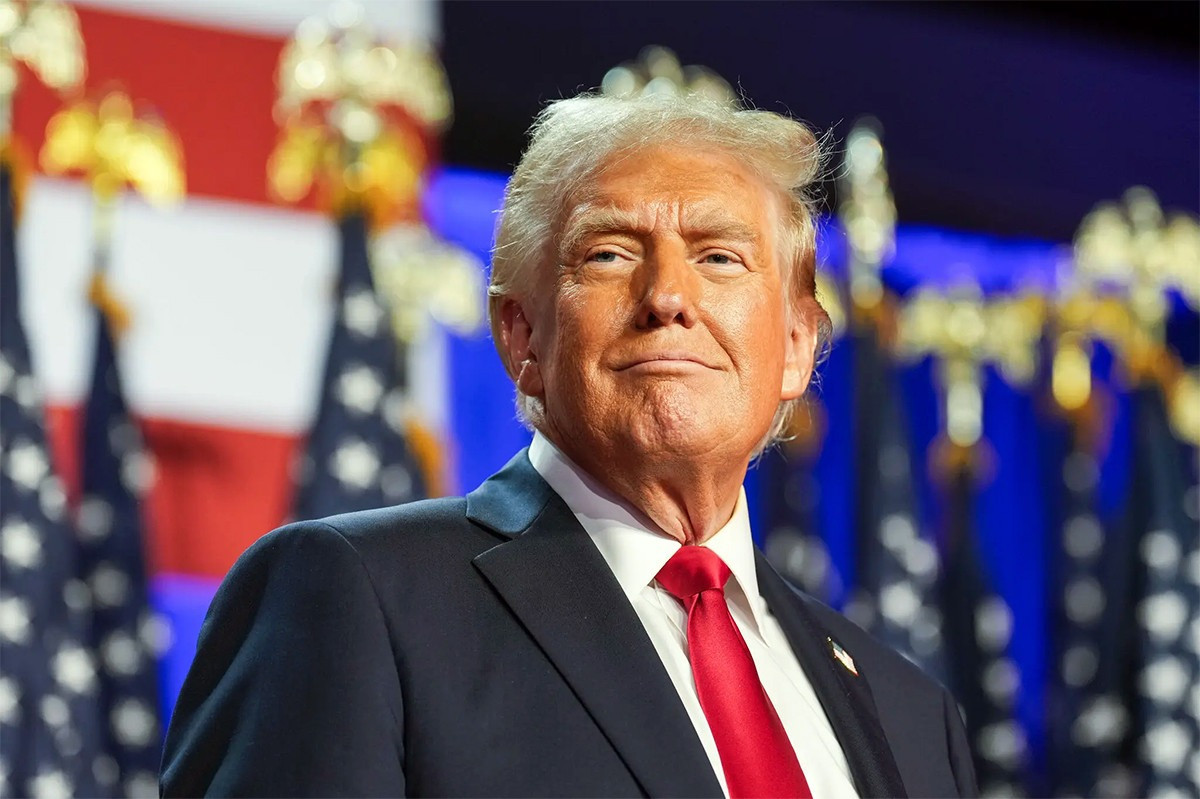
Trump’s Asia trip, ostensibly focused on countering Chinese influence, now carries added subtext. En route to Malaysia for talks with Vice Premier He Lifeng, the president is expected to tout his tariff strategy as a model for dealing with Beijing. A late-month summit with President Xi Jinping in South Korea could test that rhetoric, especially as U.S. markets dipped 1.2% Friday on trade jitters.
This isn’t the first time Trump has wielded trade talks as leverage against Canada. In 2018, he threatened steel tariffs that nearly derailed NAFTA’s renegotiation, only to relent after concessions. Ford himself flirted with escalation earlier this year, musing about cutting electricity exports to the U.S. Northeast before walking it back. Analysts see a pattern: brinkmanship yielding short-term wins but eroding long-term trust.
As Air Force One lifted off at 2:15 p.m., Trump waved from the stairs, undeterred. “Canada will come crawling back—they always do,” he quipped to reporters. Whether this latest rift proves reversible remains unclear. With midterm elections looming and supply chains still fragile from pandemic scars, the stakes for North American prosperity have rarely felt higher.


